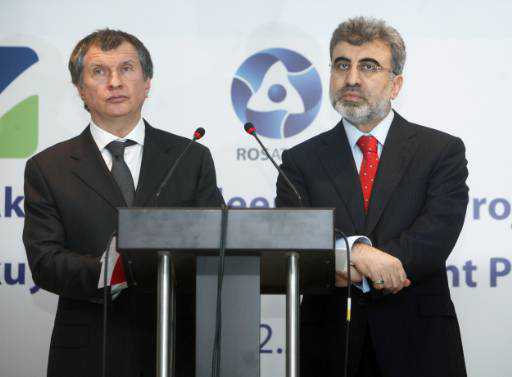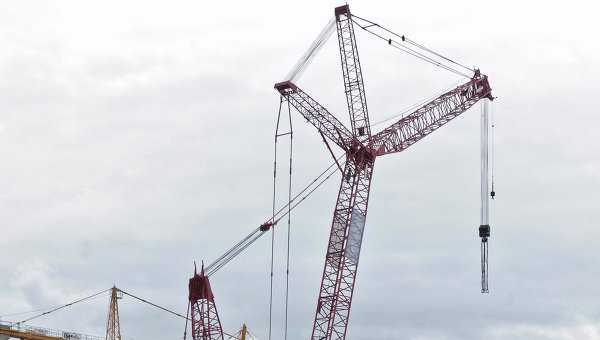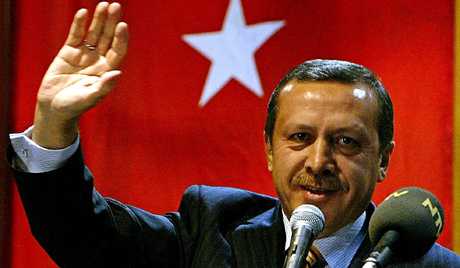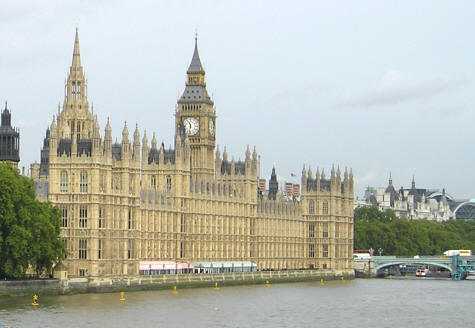A young Russian woman working for a British lawmaker is facing deportation after security services detained her on suspicion of espionage, the Sunday Times reported on Sunday.
The paper reported that Katia Zatuliveter, 25, secretly worked for the Russian intelligence as a “sleeper” agent.
She had been working for Liberal Democrat MP Mike Hancock who sits on parliament’s defence select committee which examines defence policy but has no access to secret material.
Hancock, who is also an MP for Porstmouth in southern England where there is a large naval base, denied his research assistant had done anything wrong.
“She is not a Russian spy. I know nothing about espionage, but she has been subjected to a deportation order,” Hancock said in a statement. He said she would appeal moves to deport her.
The lawmaker said that the domestic security service, MI5, had never raised any concerns about her with him.
“No one has ever said to me under any circumstances whatsoever that she has been involved in anything like that,” he said. “It is now in the hands of her lawyers. I am sure that in the end she will be proved to be right.”
Hancock told the BBC in an interview she was arrested on Thursday morning and taken to an immigration detention centre in London, before being moved to another centre where she is being held and putting her appeal together.
“Nobody has shown me any evidence to support the view that she is any way a threat to the United Kingdom,” Hancock said.
He said his assistant, who had worked for him for close to three years, had passed strict security vetting procedures to work in parliament.
The paper said her removal was approved by Home Secretary (interior minister) Theresa May after being briefed about her activities.
The Home Office said it could not comment on individual cases or confirm deportation orders were in place. London’s Metropolitan police referred all queries to the UK Border Agency, who was not answering calls.
The Russian embassy in London could not be reached for comment.
A security source told the Sunday Times Zatuliveter’s presence was not “conducive to national security”, and the intention was to “show her the door”.
The paper said it was the first time since the end of the Cold War that someone working in parliament had been accused of spying for the Russians.
Toronto Sun
A young Russian woman working for a British lawmaker is facing deportation after security services detained her on suspicion of espionage, the Sunday Times reported on Sunday.
The paper reported that Katia Zatuliveter, 25, secretly worked for the Russian intelligence as a “sleeper” agent.
She had been working for Liberal Democrat MP Mike Hancock who sits on parliament’s defence select committee which examines defence policy but has no access to secret material.
Hancock, who is also an MP for Porstmouth in southern England where there is a large naval base, denied his research assistant had done anything wrong.
“She is not a Russian spy. I know nothing about espionage, but she has been subjected to a deportation order,” Hancock said in a statement. He said she would appeal moves to deport her.
The lawmaker said that the domestic security service, MI5, had never raised any concerns about her with him.
“No one has ever said to me under any circumstances whatsoever that she has been involved in anything like that,” he said. “It is now in the hands of her lawyers. I am sure that in the end she will be proved to be right.”
Hancock told the BBC in an interview she was arrested on Thursday morning and taken to an immigration detention centre in London, before being moved to another centre where she is being held and putting her appeal together.
“Nobody has shown me any evidence to support the view that she is any way a threat to the United Kingdom,” Hancock said.
He said his assistant, who had worked for him for close to three years, had passed strict security vetting procedures to work in parliament.
The paper said her removal was approved by Home Secretary (interior minister) Theresa May after being briefed about her activities.
The Home Office said it could not comment on individual cases or confirm deportation orders were in place. London’s Metropolitan police referred all queries to the UK Border Agency, who was not answering calls.
The Russian embassy in London could not be reached for comment.
A security source told the Sunday Times Zatuliveter’s presence was not “conducive to national security”, and the intention was to “show her the door”.
The paper said it was the first time since the end of the Cold War that someone working in parliament had been accused of spying for the Russians.
Toronto Sun






